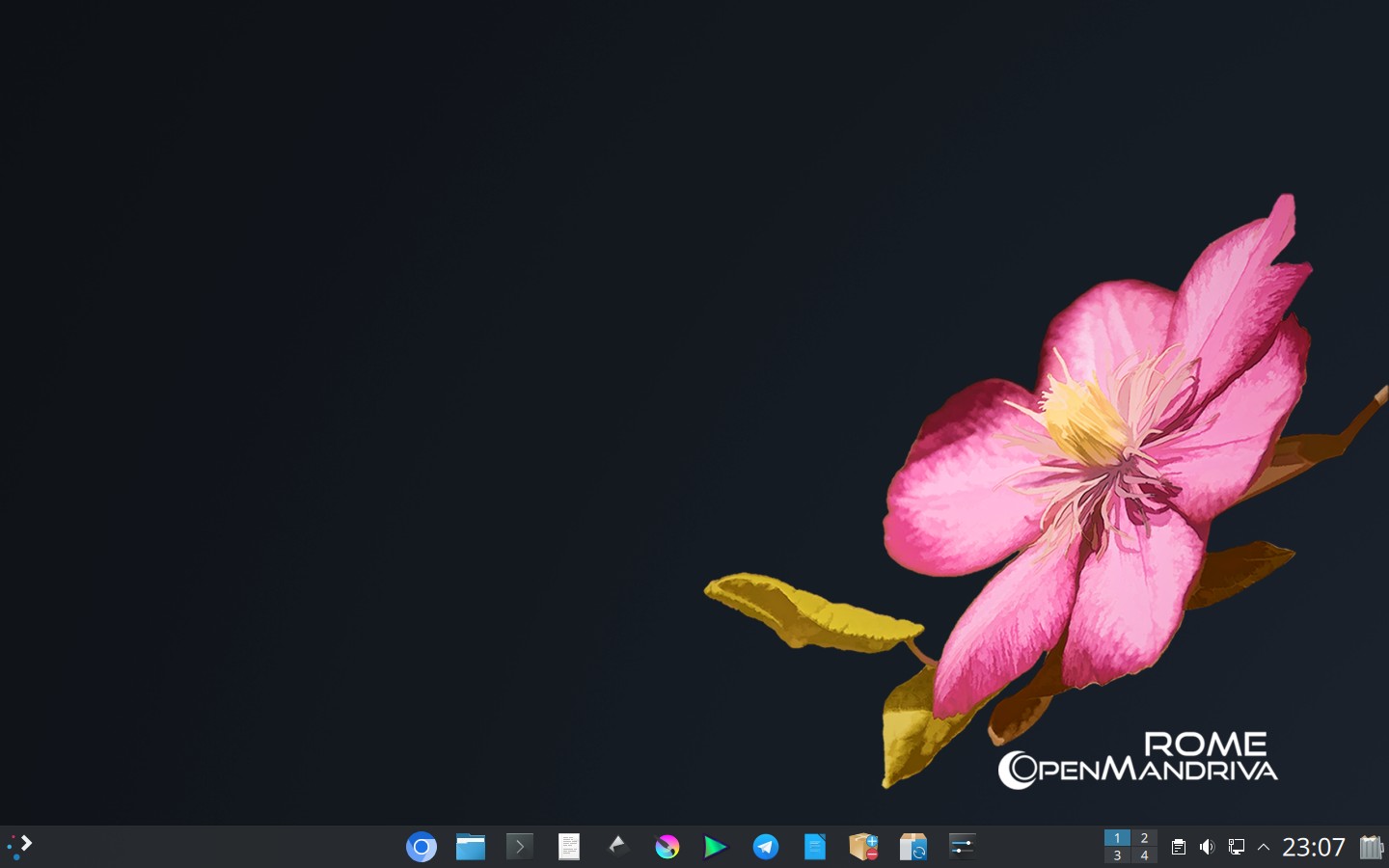Guix is a package manager you can install on most distros and works beside other package managers, similar to Snap and Flatpak. And it’s a distro.
- 20 Posts
- 139 Comments

 231·30 days ago
231·30 days agoI basically jumped from XP to 8.1 and I was amazed at how much of an improvement 8.1 was on a technical level. Yes, the UI was horrendous, and any usability expert should have been able to tell you it was a terrible idea, but apparently they weren’t listened to. Luckily there was Classic Shell that restored a proper Start Menu, so I never had to use the horrible touch interface.
8.1 was the last good Windows (with caveats). When support ended I went back to Linux, because 10 and 11 are enshittified to all hell.
Wait, is it 2006 already?
No luck needed, it’ll go fine. You pretty obviously have all the experience you need.
Better for what? The question in isolation is fairly meaningless.
Classic Shell was great, made my life with Windows 8.1 a lot more manageable.

 121·2 months ago
121·2 months agoDon’t take what Linux users say as gospel. There’s a wide variety of opinions that - yes - generally have some basis in truth, but usually it comes down to personal preference. Just because a vocal minority hates on systemd doesn’t mean you now have to switch to Devuan. FOSS is full of opinionated and passionate people, but you should always use what works for you. Don’t let others dictate how you use your computer and what code you run. Free as in freedom.
Now, having said all that, Canonical is suspect, don’t use Ubuntu. Mint is fine.

 1·2 months ago
1·2 months agoThe beatings will continue until morale improves.
It was 20 years ago and Microsoft was terrible and Windows was awful. Later on I used Windows 8.1 somewhat out of necessity until it was deprecated and went back to Linux because Microsoft is terrible and Windows 10/11 is awful, but now with all kinds of invasive telemetry.

 81·2 months ago
81·2 months agoStallman outlined our choices and told us this is where we were headed back in the 1980’s. Since then, we have consistently made the wrong decisions. All is not lost, but the situation is dire.
The choices are there, you just have to be willing to inconvenience yourself.

 29·2 months ago
29·2 months agoYou must understand: It’s not your TV, it’s LG’s, and they will do with it what ever they want, and not to your benefit. This is the future we chose.

 3·2 months ago
3·2 months agoSince you have experience with Mint, why not go with Debian with KDE Plasma? I have it on my laptop and it’s Debian, old reliable, I like that stability on a laptop, so that I’m less likely to have issues on the go. Debian isn’t the friendliest distro to new users, sure, but if you can figure out Fedora, you can figure out Debian.

 7·2 months ago
7·2 months agoDude, you have a serious problem, man. That’s way too much marijuanas.

 25·2 months ago
25·2 months agoI spare very little mental capacity to how people utilize their computers where it doesn’t directly affect me. No, it is not something I find worth being bothered about. Life’s hard enough regardless.

 16·3 months ago
16·3 months agoOh yeah, KDE Plasma is where it’s at. I love the DE. Glad you found something that works for you!

 13·3 months ago
13·3 months agoYeah, Canonical has been sketchy for a long time. And every now and then they make a move that just reminds me why I stay away from Ubuntu.
Yeah, that’s how I do it every morning.
Sometimes, when the ol’ 'puter is cranky, I have to press the reset button, which is really small, and it’s difficult to hit it with my toe (I have to do some tricky nail work, not for beginners), but I’ll be damned if I ever reach down and use my fingers.
Whoops, I made a typo. I’ll leave it in.




















Is SteamOS even available for desktop PCs yet? I don’t think it is.
From the SteamOS page:
Until this changes, which I think is in the works, I recommend using some other popular distro.